Margarita Höhenrieder – Thuille, Poulenc, Françaix Sextets
Title: Thuille, Poulenc, Françaix Sextets
Catalogue No.: SM 251
Release: 02.12.2016
Description
Her artistic career has led her to many of the world’s major music centers. Margarita Höhenrieder has played many concerts as soloist with conductors like Kirill Petrenko, Claudio Abbado, Lorin Maazel, James Levine, Riccardo Chailly, and Fabio Luisi, and with such orchestras as the Bavarian Radio Symphony Orchestra, the Munich Philharmonic, the New York Philharmonic, the Staatskapelle Dresden, the Gewandhaus Orchestra in Leipzig, the Salzburg Mozarteum Orchestra and the Mahler Chamber Orchestra.
She has been a friend of Harald Genzmer for many years. Among other works, he dedicated the Concerto for Piano, Trumpet and Strings to her, which she premiered together with Guy Touvron and the Württemberg Chamber Orchestra Heilbronn. Genzmer composed his last major work for Margarita Höhenrieder, “Wie ein Traum am Rande der Unendlichkeit” (“Like a Dream on the Edge of Infinity”) for piano and flute. In 2009, she played the premiere of the work with Emmanuel Pahud in Rome. (Solo Musica CD SM159)
In September 2014, she had a reunion with her former teacher Leon Fleisher as conductor in a performance of Beethoven’s Piano Concerto No. 2 at the Zollverein world heritage site in Essen.
Margarita Höhenrieder and the Bläsersolisten der Staatskapelle Dresden give regularly concerts and are producing recordings together.
Tracklist
Ensemble Raro – Being EaRNeST
Description
Ensemble Raro’s new recording of two rarely performed chamber music gems by Ernő Dohnányi – the Second Piano Quintet in E-flat Minor Op.26 (1914) and the Sextet Op. 37 in C Major (1935) for piano, violin, viola, cello, clarinet and horn – proposes to reassess these works, which are imbued with idealism, and to reflect upon the values encoded in them. It may communicate to the receptive listener something new about the world that surrounds us, since “it is the present that polarises the events into fore- and after-history” (W. Benjamin).
Tracklist
| 2. Klavierquintett es-Moll op. 26 | Ernst von Dohnányí | ||
| 1 | I Allegro non troppo | 9’50 | |
| 2 | II (Intermezzo). Allegretto | 4’52 | |
| 3 | III Moderato | 10’20 | |
| Sextett in C-Dur für Klavier, Violine, Viola, Violoncello, Klarinette und Horn op. 37 | Ernst von Dohnányí | ||
| 4 | I Allegro appassionato | 11’00 | |
| 5 | II Intermezzo. Adagio | 5’36 | |
| 6 | III Allegro con sentimento | 6’50 | |
| 7 | IV Finale. Allegro vivace, giocoso | 5’38 |
Islam Manafov – Chopin
 Artists: Islam Manafov
Artists: Islam Manafov
Title: Chopin: Balladen, Scherzi & Nocturne op. posth.
Catalogue No.: SM 246
Release: 09.09.2016
Description
With this first album, Islam Manafov connects with his listeners through the works of the Romantic genius Chopin, with whom he has felt a close emotional tie since his childhood.
Using his immense palette of nuances he takes his listeners on a journey beyond time with Chopin’s works that may be considered his most difficult, both technically and musically, with their differing moods, at times wild, at times childish, at times rebellious and at times full of longing…”
Islam Manafov was born in Baku, the capital city of Azerbaijan, and studied at the Baku Music School during the years 1977-1981. In 1979 he won 1st prize in the “Azerbaijan Young Pianists Competition”, attracting the attention of the musical scene. Following this achievement, at the age of 17, he performed S. Rachmaninov’s Piano Concerto No.3 under the world famous Maestro Niyazi Tagizade, to great acclaim.
As a “People’s Artist” of the Republic of Azerbaijan, Manafov continues his artistic life as a pianist, conductor and composer, while working as a Professor at Baku Music Academy and Yeditepe University in Istanbul.
Tracklist
| CD 1 | |||
| 1 | 1 – Ballade op.23 | 9:03 | Frédéric Chopin |
| 2 | 2 – Ballade op.38 | 7:38 | Frédéric Chopin |
| 3 | 3 – Ballade op.47 | 7:17 | Frédéric Chopin |
| 4 | 4 – Ballade op.52 | 11:58 | Frédéric Chopin |
| CD 2 | |||
| 1 | 1 – Scherzo op.20 | 10:36 | Frédéric Chopin |
| 2 | 2 – Scherzo op.31 | 9:50 | Frédéric Chopin |
| 3 | 3 – Scherzo op.39 | 7:20 | Frédéric Chopin |
| 4 | 4 – Scherzo op.54 | 11:05 | Frédéric Chopin |
| 5 | Nocturne cis moll op. Post | 5:24 | Frédéric Chopin |
Taschenphilharmonie – Die Moldau
 Künstler: Peter Stangel
Künstler: Peter Stangel
Die Taschenphilharmonie
Produktbeschreibung
Die taschenphilharmonie legt in ihrer Reihe “Große Musik für kleine Hörer”, der größten und mehrfach ausgezeichneten Kinder-Klassik-Edition der Musikgeschichte, ihr 21. Programm vor:
Mit der “Moldau”, einem der berühmtesten Musikstücke aller Zeiten, mit dem seit über hundert Jahren fast alle Kinder aufgewachsen sind, wird die Reihe um ein wichtiges romantisches Werk erweitert.
In einem originellen Setting erleben die beiden Freunde Blättchen und Stöckchen eine Flussfahrt von den Quellen des Flusses, vorbei an Wiesen, Feldern, Wäldern und Dörfern bis ins Meer. Unterwegs treffen sie Nymphen und können die mächtige Burg Vysehrad bewundern, an den St.Johann Stromschnellen wird es abenteuerlich und sie müssen sogar Wasser schlucken.
Das alles wird enorm lebendig musiziert von der mehrfach preisgekrönten taschenphilharmonie und ebenso unterhaltsam und sprachschön erzählt vom Dirigenten Peter Stangel.
So muss Musikvermittlung für die Kleinen ab 4 Jahren aussehen!
Tracklist
| 1 | Die Moldau – Einleitung | Peter Stangel | 2:47 |
| 2 | Die Quellen der Moldau | B. Smetana – Peter Stangel | 3:42 |
| 3 | Die junge Moldau | B. Smetana | 2:49 |
| 4 | Waldjagd | B. Smetana – Peter Stangel | 2:13 |
| 5 | Eine Bauernhochzeit | B. Smetana – Peter Stangel | 3:23 |
| 6 | Nymphenreigen | B. Smetana – Peter Stangel | 3:13 |
| 7 | Die Moldau im Sonnenlicht | B. Smetana – Peter Stangel | 2:28 |
| 8 | Die Sankt-Johann-Stromschnellen | B. Smetana – Peter Stangel | 2:00 |
| 9 | Die Moldau fließt breit dahin | B. Smetana – Peter Stangel | 1:53 |
| 10 | Zum Meer, zum Meer | B. Smetana – Peter Stangel | 0:43 |
| 11 | Die ganze Fahrt auf der Moldau | B. Smetana | 11:47 |
Taschenphilharmonie – Beethoven 3
 Künstler: Peter Stangel
Künstler: Peter Stangel
Die Taschenphilharmonie
Titel: Beethoven 3
Katalog Nr.: ETP006
Veröffentlichung: 28.10.2016
Produktbeschreibung
Was 2005 mit einer kleinen Reihe von Kinderkonzerten im München begann, ist heute eine feste Größe in Münchens Kulturleben geworden: Viele tausend Menschen zwischen 4 und 85 Jahren besuchen die inzwischen fast 30 Konzerte, die das “kleinste Sinfonieorchesters der Welt” veranstaltet, und mit den mehrfach preisgekrönten Kinder-Klassik-CDs “Große Musik für kleine Hörer” ist das Ensemble auch bundesweit bekannt geworden.
Beethovens Eroica ist nun die sechste Veröffentlichung des Labels “edition taschenphilharmonie”. Als zweite Aufnahme aus der Gesamtaufnahme der Beethoven-Sinfonien, die bis 2017 erscheinen werden, kommt die Sinfonie Nr. 3 heraus. Nicht nur die außergewöhnliche Besetzung und ihr glasklarer Klang, auch die auf der CD enthaltene “Hörakademie”, die das Werk in seiner Zeit verortet und auf Besonderheiten, auf die zu hören es sich lohnt, aufmerksam macht, sind etwas Besonderes.
Tracklist
| 1. Allegro con brio | L. v. Beethoven | 14:27 |
| 2. Marcia funèbre: Adagio assai | L. v. Beethoven | 13:50 |
| 3. Scherzo: Allegro vivace – Trio | L. v. Beethoven | 5:34 |
| 4. Finale: Allegro molto – poco Andante – Presto | L. v. Beethoven | 11:12 |
| Hörakademie zum 1. Satz | L. v. Beethoven – Peter Stangel | 11:48 |
| Hörakademie zum 2. Satz | L. v. Beethoven – Peter Stangel | 6:48 |
| Hörakademie zum 3. Satz | L. v. Beethoven – Peter Stangel | 2:51 |
| Hörakademie zum 4. Satz | L. v. Beethoven – Peter Stangel | 9:19 |
Wiener Symphoniker – Der Karneval der Tiere
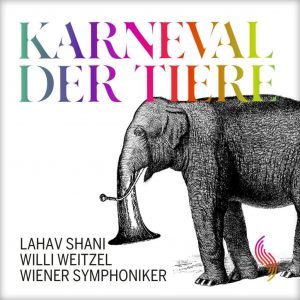 Künstler: Wiener Symphoniker
Künstler: Wiener Symphoniker
Titel: Der Karneval der Tiere – Große zoologische Fantasie mit neuen Texten von Willi Weitzel
Katalog Nr.: WS 010
Veröffentlichung: 30.09.2016
Produktbeschreibung
Karneval der Tiere: tierischer Spaß nicht nur für das Publikum von morgen.
Die jüngste Veröffentlichung der Wiener Symphoniker auf dem hauseigenen Label stellt eine Premiere in gleich mehrfacher Hinsicht dar. So dokumentiert die CD die erfolgreiche Zusammenarbeit des Orchesters mit Lahav Shani, der ab der Saison 2017-18 der Erste Gastdirigent des Klangkörpers ist. Darüber hinaus ist die CD die erste Veröffentlichung von „Young Symphony“, dem Kinder- und Jugend-Programm der Wiener Symphoniker. Zu hören sind zwei Klassiker der Musikvermittlung: Camille Saint-Saëns’ Karneval der Tiere mit neuen Texten des populären TV-Moderators Willi Weitzel und Benjamin Brittens Young Person’s Guide to the Orchestra. Die wunderbaren Melodien und Klangfarben des Karnevals sprechen einfach alle an. Und man kann hören, wie viel Spaß Lahav und die Musiker bei der Aufnahme hatten. Auch die Zusammenarbeit mit dem Grimme-Preisträger Willi Weitzel (er ist u.a. Grimme-Preisträger für Willi wills wissen im Bayerischen Rundfunk), der für den Karneval der Tiere neue Texte ersonnen und eingesprochen hat, stellt eine Premiere für das Orchester dar.
Tracklist
| „Der Karneval der Tiere“, Große zoologische Fantasie mit neuen Texten von Willi Weitzel | |
| „Mucksmäuschenstill lag ich …” | 02:57 |
| Einleitung und Marsch des Löwen | 01:54 |
| „Mit hochrotem Kopf …“ | 01:32 |
| Hennen und Tröthahn | 00:50 |
| „Es schneite“ | 00:37 |
| Zu Eseln verkleidete Weißbartgnus | 00:34 |
| „Drei Chamäleon-Mütter …“ | 00:34 |
| Schildkröten | 01:36 |
| „War das schön!“ | 01:10 |
| Elefant | 01:12 |
| „Die Elefanten verneigten sich …“ | 00:54 |
| Kängurus | 00:55 |
| „Ein Marabu bahnte …“ | 01:01 |
| Aquarium | 02:14 |
| „Den Bratschen blieb …“ | 00:57 |
| Wesen mit langen Ohren | 00:45 |
| „Hätte ein gewöhnlicher …“ | 00:41 |
| Der Kuckuck aus den Tiefen des Waldes | 02:08 |
| „Die einheimischen Vögel …“ | 00:33 |
| Vögel | 01:11 |
| „Nun lächelte der …“ | 00:42 |
| Klavier-Zebras | 01:10 |
| „Angespornt durch diese …“ | 00:21 |
| Fossilien | 01:18 |
| „Vergnügt hopsten alle …“ | 01:15 |
| Der Schwan | 02:37 |
| „Ein fauchender Schrei …“ | 01:38 |
| Finale | 02:04 |
| „The Young Person’s Guide to the Orchestra“, Variationen und Fuge zu einem Thema von Henry Purcell | |
| „Hallo, ich bin’s …“ | 03:53 |
| Thema A: Gesamtes Orchester | 00:26 |
| Thema B: Holzbläser | 00:25 |
| Thema C: Blechbläser | 00:20 |
| Thema D: Streicher | 00:18 |
| Thema E: Schlaginstrumente | 00:16 |
| Thema F: Gesamtes Orchester | 00:26 |
| Variation A: Flöten | 00:27 |
| Variation B: Oboen | 00:57 |
| Variation C: Klarinetten | 00:44 |
| Variation D: Fagotte | 00:47 |
| Variation E: Violinen | 00:40 |
| Variation F: Bratschen | 00:51 |
| Variation G: Violoncelli | 01:07 |
| Variation H: Kontrabässe | 00:58 |
| Variation I: Harfe | 00:47 |
| Variation J: Hörner | 00:48 |
| Variation K: Trompeten | 00:31 |
| Variation L: Posaunen | 01:01 |
| Variation M: Schlaginstrumente | 01:49 |
| Fuge: Gesamtes Orchester | 02:59 |
Et Arsis – Brahms | Vasks
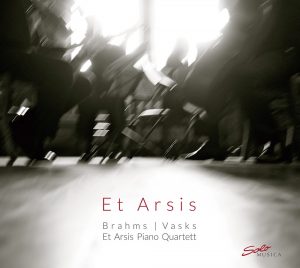 Artists: Et Arsis Piano Quartett
Artists: Et Arsis Piano Quartett
Title: Vasks & Brahms: Piano Quartets
Catalogue No.: SM 248
Release: 30.09.2016
Description
With its actual recording of Johannes Brahms Piano Quartet no. 1 in G minor (Op. 25), the Et Arsis Piano Quartet makes an independent, militant contribution to the discussion about the musical interpretation of Brahms.
The contemporary Latvian composer Peteris Vasks gives his music the experiences of his people during Soviet rule and transformation time_exp: With its unmistakable signature Et Arsis sets the bar high for the interpretation of Vasks’ sole piano quartet.
Tracklist
| Quartet for Violin, Viola, Violoncello and Piano | Peteris Vasks | ||
| 1 | I Preludio. Moderato | 04:33 | Peteris Vasks |
| 2 | II Danze. Allegro | 06:18 | Peteris Vasks |
| 3 | III Canti drammatici. Andante | 06:52 | Peteris Vasks |
| 4 | IV Quasi una passacaglia | 08:28 | Peteris Vasks |
| 5 | V Canto principale. Cantabile | 09:04 | Peteris Vasks |
| 6 | VI Postludio. Adagio | 03:04 | Peteris Vasks |
| Piano quartet No. 1 G-minor, op. 25 | Johannes Brahms | ||
| 7 | Allegro | 14:27 | Johannes Brahms |
| 8 | Intermezzo. Allegro (ma non troppo) | 08:05 | Johannes Brahms |
| 9 | Andante con moto | 09:41 | Johannes Brahms |
| 10 | Rondo alla Zingarese. Presto | 08:48 | Johannes Brahms |
Elena Moșuc – L’amore è poesia
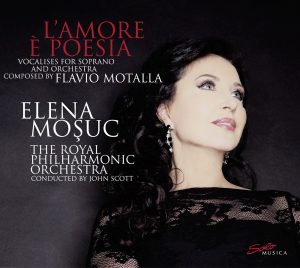 Artists: Elena Moșuc, Flavio Motalla
Artists: Elena Moșuc, Flavio Motalla
Title: L Amore e Poesia – Vocalises for Soprano and Orchestra
Catalogue No.: SM 247
Release: 30.09.2016
Description
The compositions feature a wordless soprano, even though I was urged by several of my friends to use a libretto at first. However, it occurred to me early on that the music could be vocal but without relying on words. Not only might a written text present a distraction for the audience, but even more so its rhythmic pattern would have interfered too much with the organic flow of the composition. Also, given the subject matter, I strongly felt that the music should speak for itself.
The pieces are written in a very lush romantic style, both lyrical in expression and epic in scale. At times notably nostalgic, sometimes opulent but never cloying. The soaring melodies are clearly a nod to the likes of Erich Wolfgang Korngold and Max Steiner, whose film music from the golden era of Hollywood has always been an inspiration.
This world premiere recording has been a long time in the making and I feel very fortunate to have received the generous support of so many incredibly talented people along the way: soprano Elena Moșuc is performing under the direction of conductor John Scott and the Royal Philharmonic Orchestra. The recording took place at the legendary Abbey Road Studios in London.
Flavio Motalla, Los Angeles 2016
Tracklist
| 1 | Canzonetta for Soprano and Orchestra | 11:43 | Flavio Mario Motalla |
| 2 | Poesia per una Sognatrice | 11:50 | Flavio Mario Motalla |
| 3 | Intermezzo | 4:50 | Flavio Mario Motalla |
| 4 | Le Départ | 11:38 | Flavio Mario Motalla |
| 5 | En Souvenir d’un Amour Perdu | 11:49 | Flavio Mario Motalla |
| Total | 52:06 |
La Scintilla dei Fiati – Die Entführung aus dem Serail
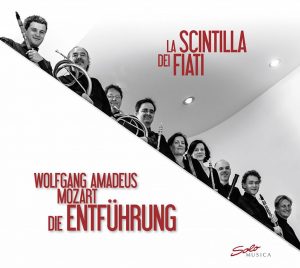 Artists: La Scintilla dei Fiati
Artists: La Scintilla dei Fiati
Title: Die Entführung aus dem Serail, Bearbeitung für Harmoniemusik
Catalogue No.: SM 244
Release: 22.07.2016
Description
The wind ensemble “La Scintilla dei Fiati” is composed of members of the “Orchestra La Scintilla” at the Zurich Opera.
Tracklist
| 1 | Ouvertüre | 3:48 |
| 2 | Nr.1: “Hier soll ich dich denn sehen” | 2:00 |
| 3 | Nr.2: “Solche hergelauf’ne Laffen” | 3:43 |
| 4 | Nr.3: “O wie ängstlich” | 2:43 |
| 5 | Nr.4: “Doch wie schnell schwand meine Freude” | 3:19 |
| 6 | Nr.5: “Durch Zärtlichkeit und Schmeicheln” | 2:45 |
| 7 | Nr.6: “Ich gehe, doch rate ich dir” | 2:40 |
| 8 | Nr.7: “Martern aller Arten” | 8:44 |
| 9 | Nr.8: “Welche Wonne, welche Lust” | 2:21 |
| 10 | Nr.9: “Frisch zum Kampfe!” | 2:43 |
| 11 | Nr.10: “Vivat Bacchus! Bacchus lebe!” | 1:54 |
| 12 | Nr.11: “Wenn der Freude Tränen fließen” | 3:38 |
| 13 | Nr.12: “Ach Belmonte!” | 2:41 |
| 14 | Nr.13: “Ich baue ganz auf Deine Stärke” | 4:44 |
| 15 | Nr.14: “O, wie will ich triumphieren” | 2:53 |
| 16 | Nr 15: “Welch ein Geschick! o Qual der Seele!” | 7:02 |
| 17 | Nr.16: Finale | 1:57 |
Janet Perry – German and French Songs
Description
What do these enigmatic words mean…? I believe that it takes a lifetime of loving music to know.
Thinking back on my own life, classical music has truly made me who I am today. It has been a constant companion since my earliest childhood, and, whilst many may recall certain toys or birthday parties, my first memories all include music. My home was always filled with the sound of someone practicing or a marvellous radio broadcast. Everyone in our immediate family was musical, and neighbours who passed by our house always heard some kind of instrument or voice floating out through the windows. It was just a normal part of our everyday life.
When I was two, I received a Christmas present that would have a profound impact on my childhood: it was a book called “Mozart the Wonder Boy”. For some strange reason, little Wolferl (Wolfgang) and his sister Nannerl (Marianne) became my dearest fantasy playmates, and aspiring to become an accomplished musician (like they were), soon became a very cool thing for me. My mother was the first to introduce me to his works by singing me lieder and arias, while accompanying herself on the piano. Standing there by her side with my pigtails and all, I was so profoundly moved by the beauty of his melodies, that something inside me knew right away that I would never want that feeling to go away. Although we weren’t “well off’, seeing my growing passion for music, somehow my parents always managed to provide the right things to improve my artistic skills, including lessons in piano, violin, ballet, drama, and voice. My love for Mozart and his early genius grew year after year, and was a constant inspiration to me throughout my youth. It was this small seed that two decades later led to an international singing career and to the Mozart songs on this CD.
At the Curtis Institute of Music I had the privilege to live amongst some of the most talented musicians of my generation, and to get to know and perform many works of the great masters with them. My voice had not reached maturity yet, but the timbre and vocal range held a promise of the roles I would sing in the future. I was very lucky to work with teachers and coaches who respected my young voice, and didn’t push me into unsuitable repertoire. Thanks to this I was able to maintain the youth in my voice throughout my career, and to discover new facets of the same pieces year after year.
The songs of Mozart, Debussy, Faurè, Duparc, and Strauss have been in my repertoire for a long time, we are old friends who enjoy music – and the silence between the notes, together.
Special thanks to Jean Lemaire, my partner in many Lied projects, with his valuable insights as to repertoire and interpretation, and ready for the unexpected. I thank him for introducing me to Hubert Haas, who convinced us to let him produce this recital recording.
Tracklist
| 1 | Dans un bois solitaire | 2:35 | W. A. Mozart |
| 2 | Oiseaux, si tous les ans | 1:23 | W. A. Mozart |
| 3 | Das Veilchen | 2:17 | W. A. Mozart |
| 4 | Abendempfindung | 4:29 | W. A. Mozart |
| 5 | Kornblumen | 1:46 | Richard Strauss |
| 6 | Mohnblumen | 1:11 | Richard Strauss |
| 7 | Epheu | 2:44 | Richard Strauss |
| 8 | Wasserrose | 3:28 | Richard Strauss |
| 9 | Glocken von Marling | 2:26 | Franz List |
| 10 | Es muss ein Wunderbares sein | 1:32 | Franz List |
| 11 | O quand je dors | 4:05 | Franz List |
| 12 | Chanson d’ amour | 1:57 | Gabriel Fauré |
| 13 | Clair de lune | 2:47 | Gabriel Fauré |
| 14 | Notre amour | 1:47 | Gabriel Fauré |
| 15 | L’ Invitation au voyage | 3:59 | Henri Duparc |
| 16 | Soupir | 2:44 | Henri Duparc |
| 17 | Ranz du Vacher d’ Appenzell | 3:17 | Ciacomo Meyerbeer |
| 18 | Phidylé | 5:26 | Henri Duparc |
| 19 | La Romance d’ Ariel | 4:37 | Claude Debussy |
| 20 | Romance | 2:10 | Claude Debussy |
| 21 | Pierrot | 1:27 | Claude Debussy |
| 22 | Fantoches | 1:13 | Claude Debussy |
| 23 | Fleur Jetée | 1:27 | Gabriel Fauré |
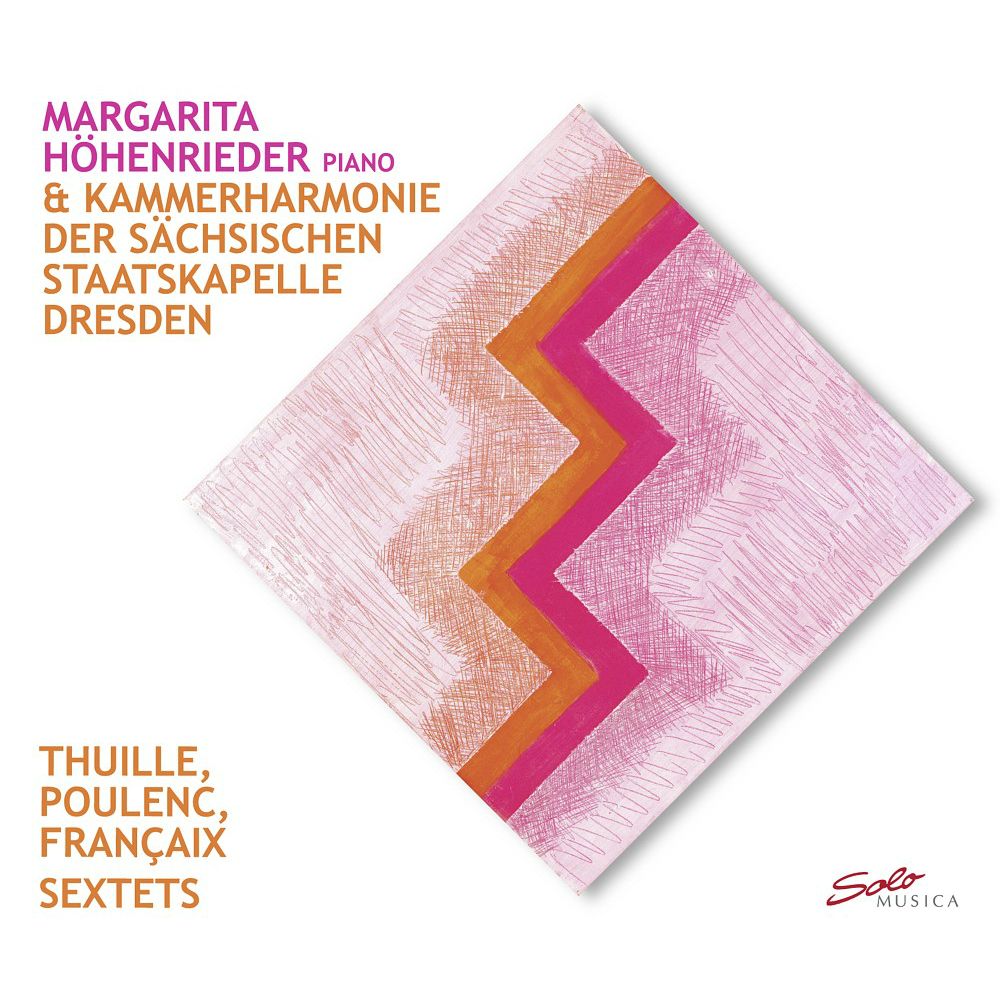
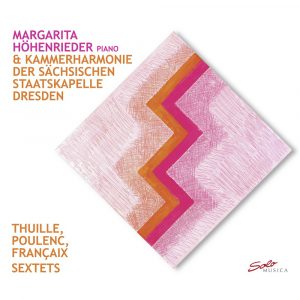 Artists:
Artists: 
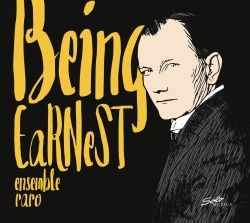
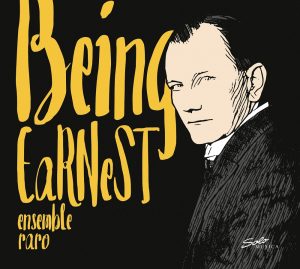
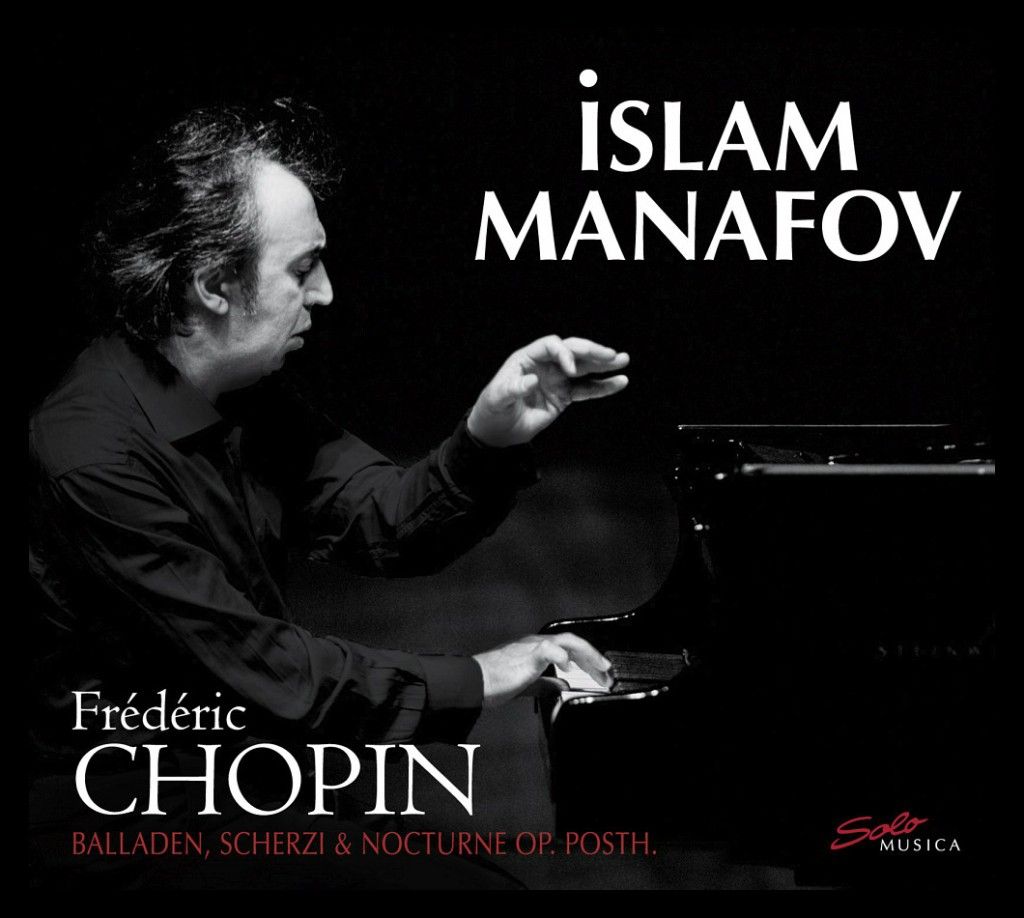
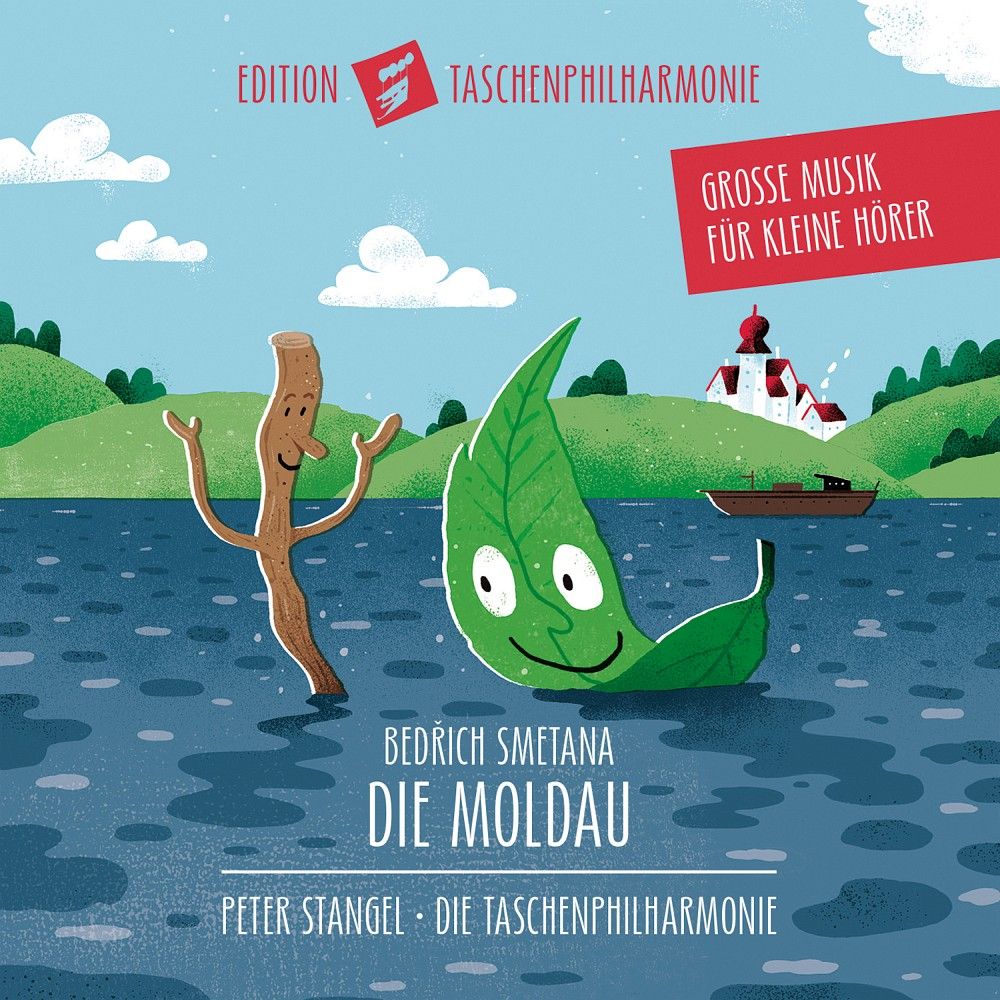

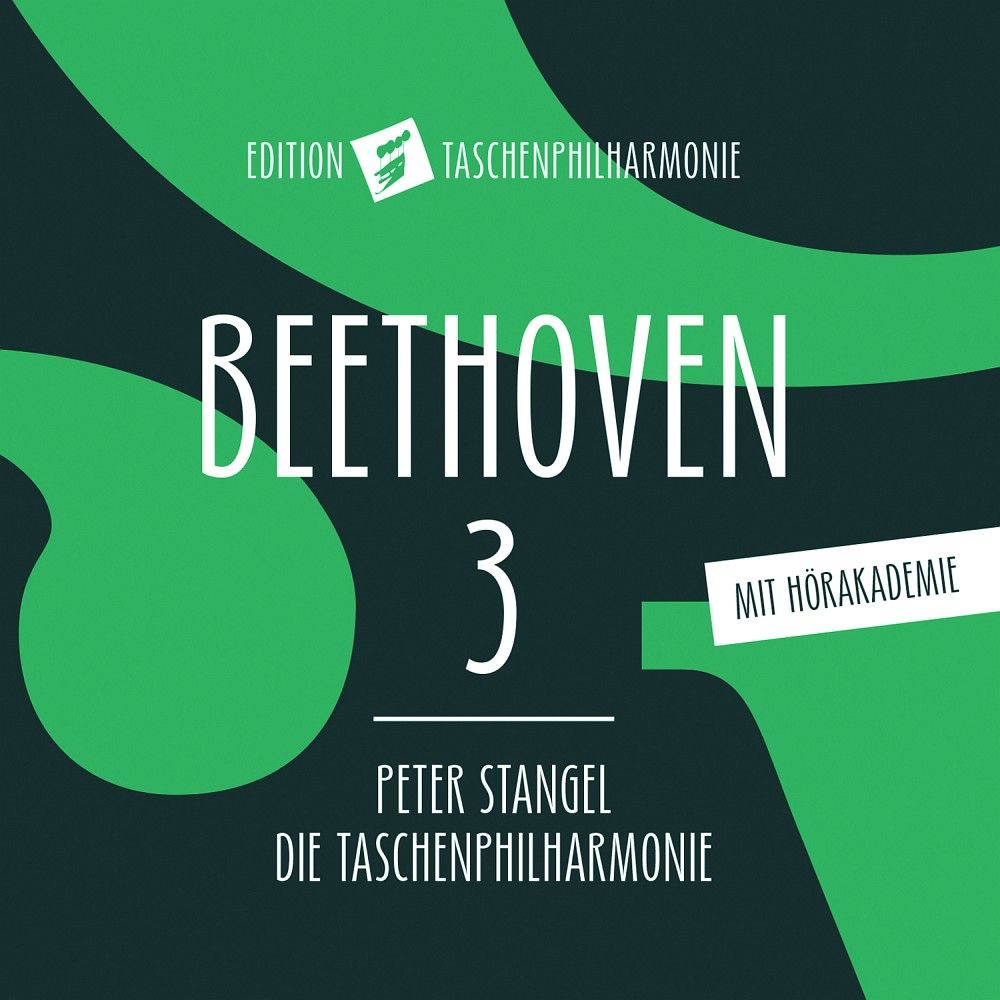
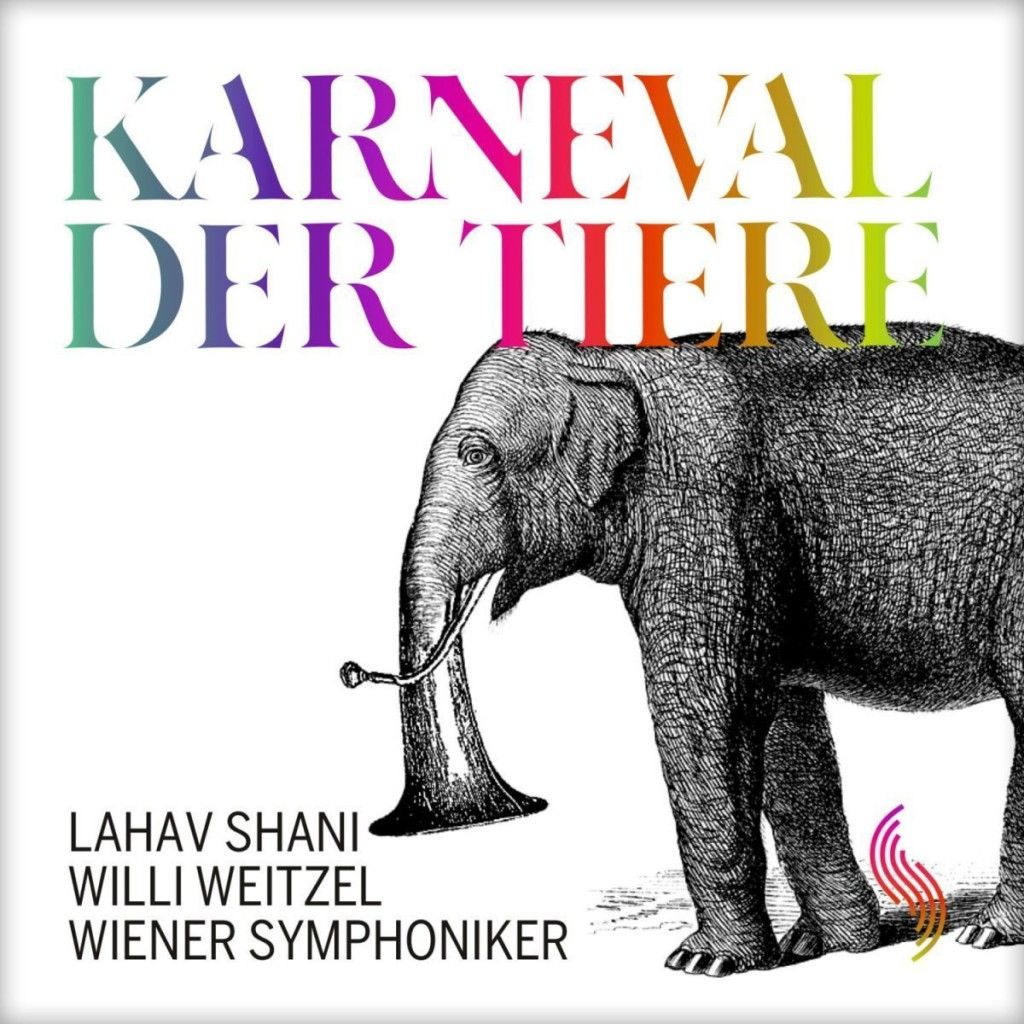
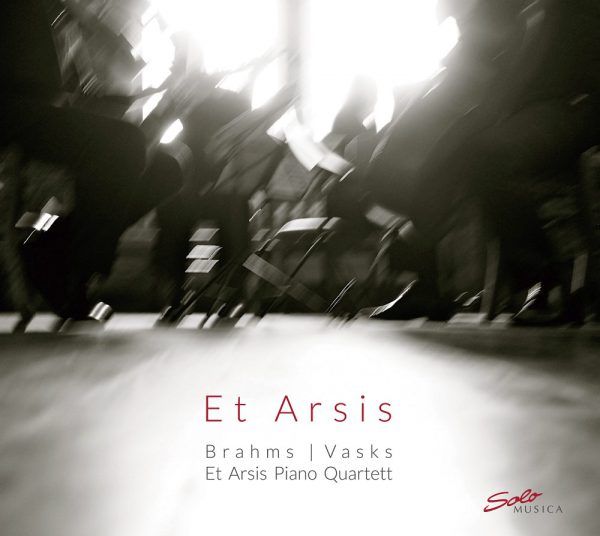
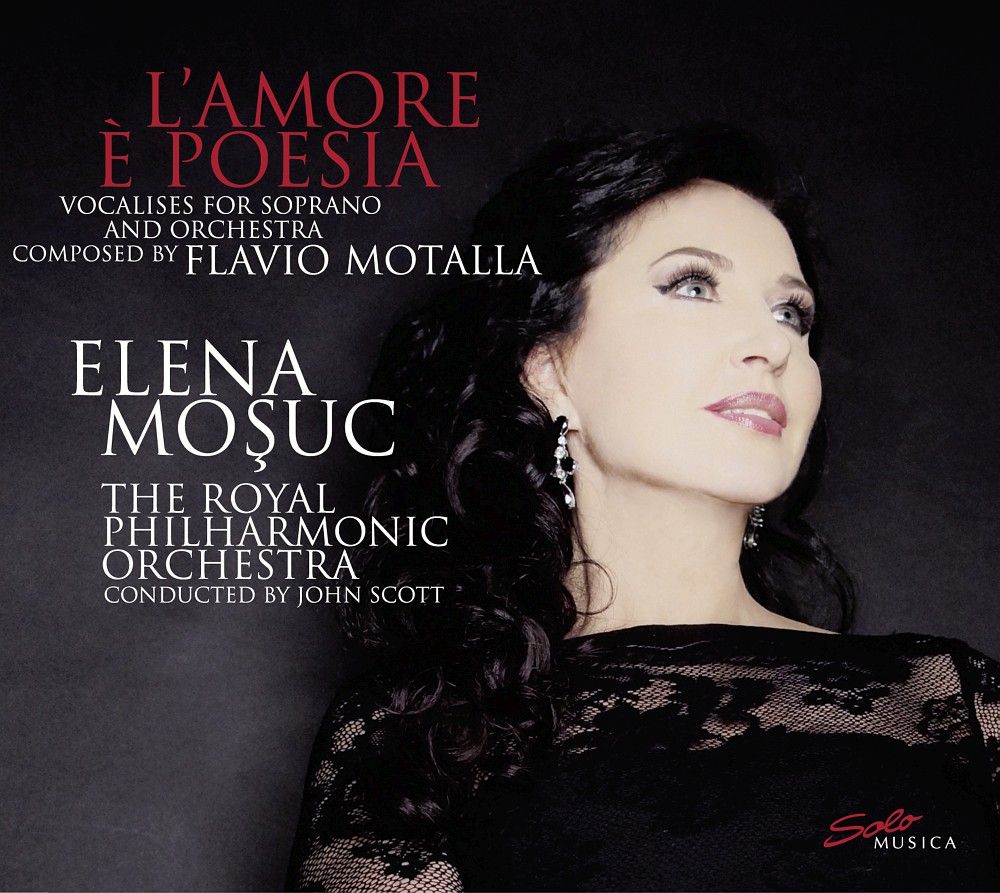
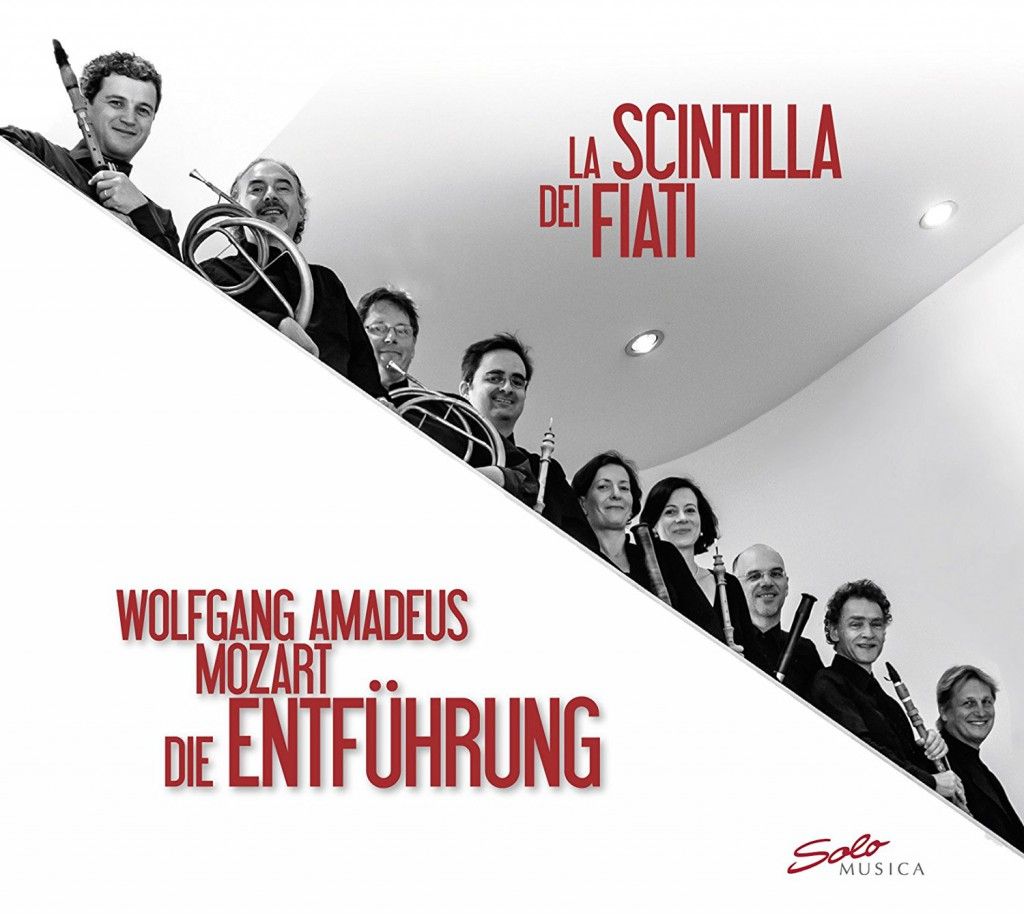
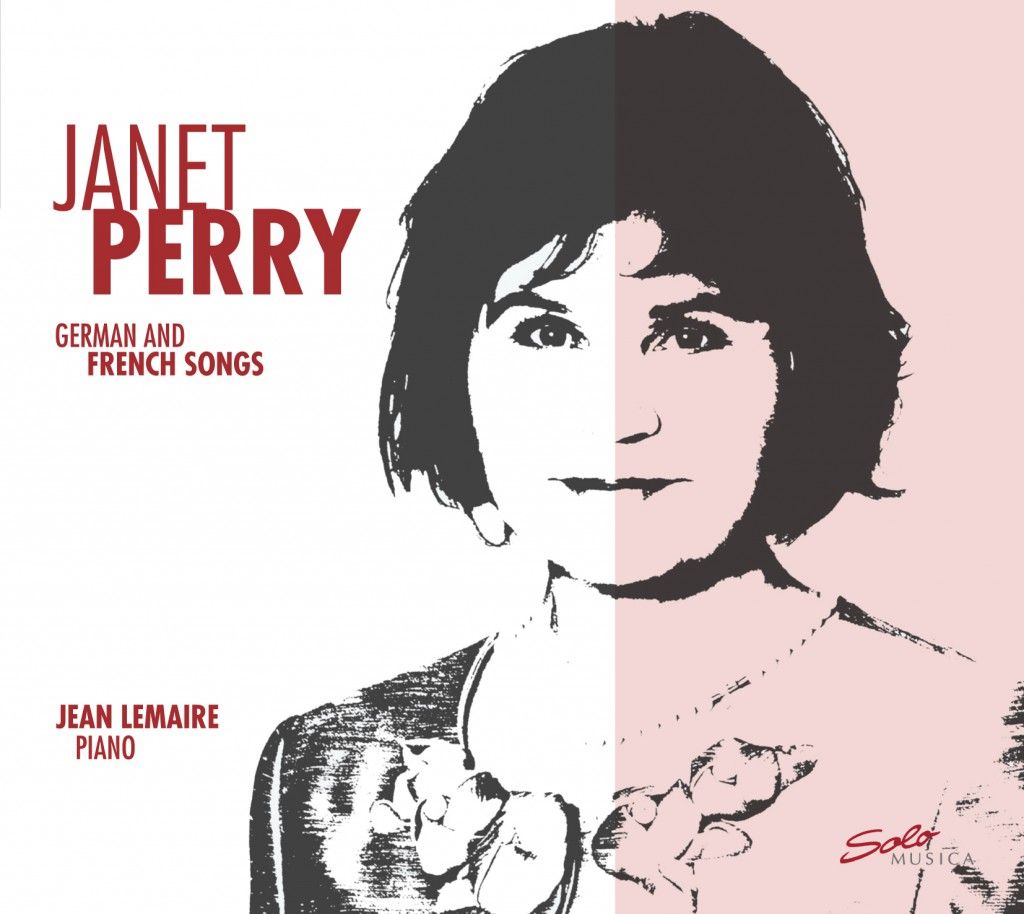
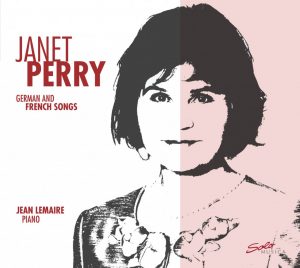 Artists:
Artists: